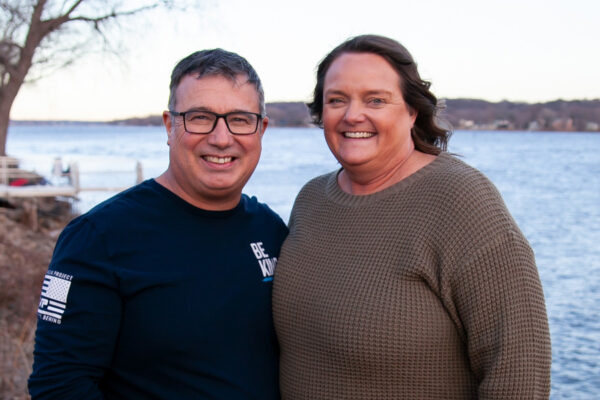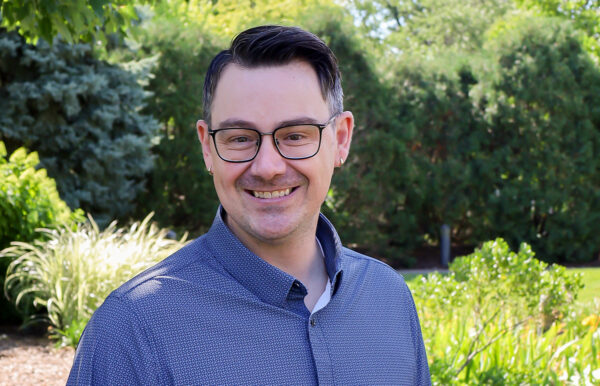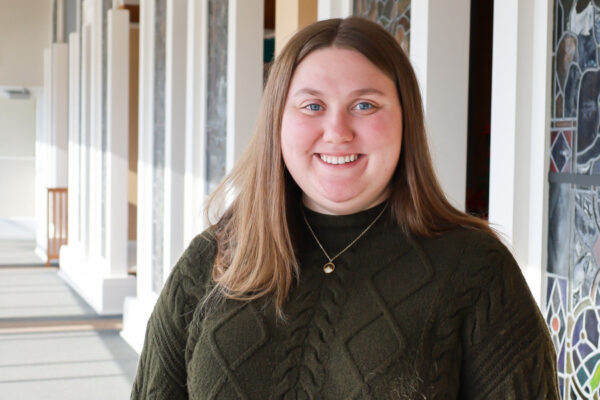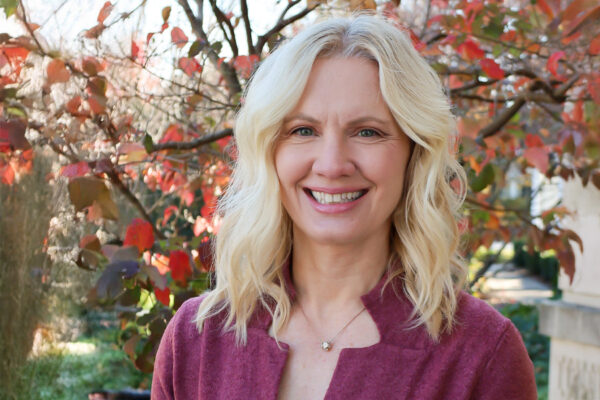A few thoughts on 13 Reasons Why
Editor’s note: Andy Langdon is the director of youth ministries at St. Paul. Michelle Juehring is the children & family life coordinator.
From Andy
Recently, Michelle and I attended a webinar about the recent Netflix series 13 Reasons Why. I am part of the Scott County Youth Suicide Prevention Task Force and have heard lots of conversation about this series and the dangers of letting kids watch it without any guidance.
During the webinar, the facilitator Lyle Greiner, a recognized expert on youth ministry, mentioned that some view 13 Reasons Why as an invitation for students to consider suicide. Others have seen the film as a open door into a conversation with their kids about suicide. Either way, it is the most-viewed Netflix original series, only having been released on March 31.
Lyle directed listeners to consider that the topic of suicide is already being discussed widely by teenagers. When he asks groups of students about how many of them have had a conversation with someone considering suicide, 75-100 percent of the hands go up. I would add that my own experience with youth in our community is similar. At St. Paul, it’s a regular topic of conversation as seniors share their faith stories, and as we address mental health in small groups because of interactions that students have had with friends, family members, and themselves.
Lyle encourages youth to identify inn keepers, an idea drawn from the biblical story of the Good Samaritan in Luke 10:25-37. The Good Samaritan doesn’t actually do much of the healing, but finds a helper, an inn keeper, who does provide the care. Most of us aren’t able to be the care providers, we’re not trained or in positions to walk faithfully with someone hurting in that way, but we can be good Samaritans who find them an inn keeper. In the same vein, Lyle reminded us that many people, teenagers especially, are less impressed with titles and instead just want people who will help them find the right resource.
The webinar emphasized that watching the series with a parent is a valuable experience. It’s not material that is totally new to most kids, in fact many teenagers will relate to the main character’s struggles, but her conclusion and eventual death by suicide is not a solution. Many professionals have worried that the way the film portrays suicide has been glamorized. Lyle wouldn’t go that far, but does conclude that there are plenty of graphic scenes and that the series is raw. Most concerning is that the adults in the film do nothing to help the main character in her struggles. Teenagers have commented that this seems to be an accurate reality that adults care, but lack the follow through to help.
For myself, I have not been interested in watching it, even though I know many of the teenagers I work with have watched it. I think if it is used in the right way, it could be a valuable conversation starter for parents and kids, but I would be wary of letting anyone watch it without a supportive system.
From Michelle
Andy and I just finished listening to a webinar from Peer Ministries on the Netflix series 13 Reasons Why. Since released March 31 of this year, it is the most Tweeted show of 2017, with 11 million Tweets. I’ve not watched the show, and only heard about it from a group of 14-year-olds. After hearing what we did, I’m equally torn on wanting and not wanting to watch it. Life can be serious enough without adding to the drama with a serious topic like suicide. But that being said, if it’s what “everyone” is watching, including our teens, then maybe that’s exactly why I should watch it.
This series, based on a book by the same name, revolves around the motives of a trouble high school girl who dies by suicide. According to Common Sense Media, while this challenging story could help parents start conversations with teens about issues like bullying, isolation, and depression, the way the series addresses these issues is complex and may be confusing for impressionable viewers.
Here is what I heard.
I heard…Kids are the front line when it comes to helping other kids. This makes sense, and as a mom of tween-aged children, we’ve entered into the stage where mom can’t always fix it, and they know it. So the question becomes, “How can we help equip our youth to make a difference in the lives of other youth?” Teach compassion, empathy, and kindness, and offer open lines of communication. Because, as much as I don’t want to admit it, it’s my children’s friends that, more than likely, will be the first ones they go to with their problems.
Why should we care? As it is written in 1 Corinthians 12:27, “Now you are the body of Christ, and each one of you is a part of it.” Our congregational family is made up of people of all ages and mindsets, and that includes our youth. I’d like to think that, if need be, our youth could see many adults as inn keepers, even though they may not be parents. Confirmation sponsor, Sunday school volunteer, VBS leader are just a few of the ways adults interact with children and youth.
What’s important? As someone who works with children’s ministry and the volunteers who lift these programs up, I see this as another important reason of why our children need positive adult role models. Even if you don’t have kids, or your kids have kids of their own, your time spent developing a positive and faith-based relationship with a youth can make a difference.





Anne Budde
Thanks Andy and Michelle for “putting it out there” about 13 Reasons Why. Proud that you added to the discussion – as kids and adults are talking about it. Proud to a part of a community who faces challenging subjects.